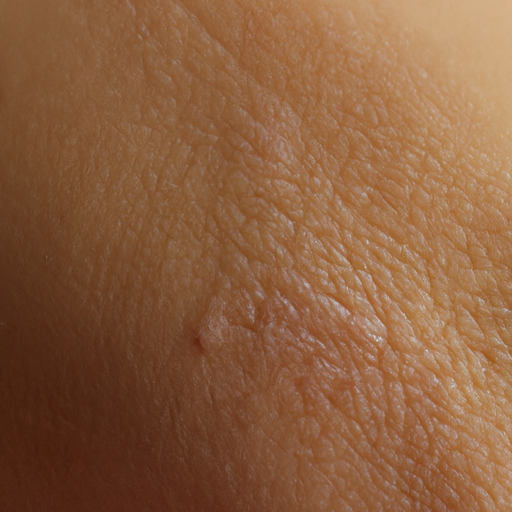Oily skin can be a persistent problem, causing a shiny complexion, enlarged pores, and frequent breakouts. However, with the right skincare routine and lifestyle changes, you can effectively manage oily skin. Here are eight proven tips to help combat oily skin and banish the shine.
1. Choose the Right Cleanser: A gentle, water-soluble cleanser is essential for oily skin. It should be able to remove excess oil and makeup without stripping your skin of its natural oils. Look for ingredients like salicylic acid, which can penetrate the pores and remove excess sebum.
2. Exfoliate Regularly: Exfoliation helps remove dead skin cells that can clog pores and increase oil production. However, avoid harsh scrubs as they can irritate the skin and trigger more oil production. Opt for a gentle chemical exfoliant with alpha or beta hydroxy acids.
3. Use an Oil-Free Moisturizer: Even oily skin needs hydration. Skipping moisturizer can actually cause your skin to produce more oil to compensate for the lack of moisture. Choose a lightweight, oil-free moisturizer that won’t clog your pores.
4. Incorporate a Clay Mask: Clay masks are excellent for oily skin as they absorb excess oil and impurities from the skin’s surface. Use a clay mask once or twice a week to help control oil production and reduce shine.
5. Don’t Over-Wash: While it may be tempting to wash your face frequently to get rid of oil, over-washing can strip your skin of its natural oils and cause it to produce even more oil in response. Stick to washing your face twice a day – in the morning and at night.
6. Use Blotting Papers: Blotting papers are a great on-the-go solution for oily skin. They can quickly absorb excess oil on the skin’s surface without disturbing your makeup or causing dryness.
7. Watch Your Diet: Certain foods can trigger oil production. Foods high in sugars, fats, and dairy products can stimulate your oil glands. Instead, opt for a balanced diet rich in fruits, vegetables, lean proteins, and whole grains.
8. Stay Hydrated: Drinking plenty of water helps to keep your skin hydrated from the inside out. This can help to regulate oil production and keep your skin looking fresh and healthy.
Remember, everyone’s skin is different, and what works for one person may not work for another. It may take some trial and error to find the right products and routine for your skin. If you’re struggling with oily skin and aren’t seeing improvement with over-the-counter products, consider consulting a dermatologist. They can provide personalized advice and may recommend prescription treatments if necessary.
In conclusion, while oily skin can be a challenge, it’s not insurmountable. With the right skincare routine, lifestyle changes, and professional advice, you can effectively manage oily skin and achieve a healthy, shine-free complexion.



